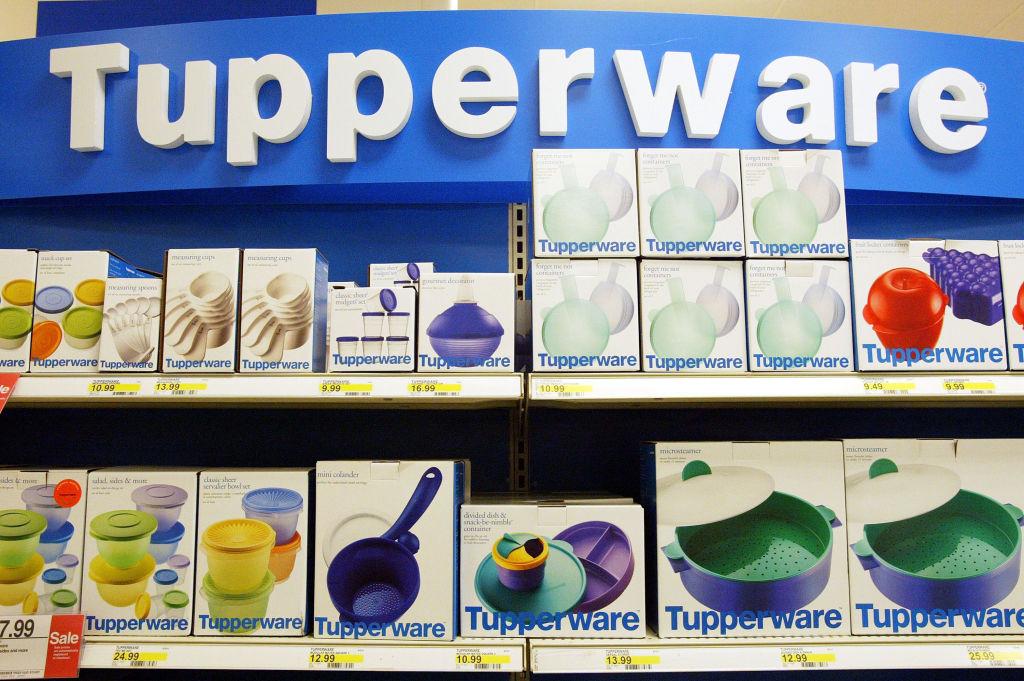The iconic kitchen brand Tupperware and some of its subsidiaries have filed for Chapter 11 bankruptcy in the United States, as the company struggles to stay afloat amid declining sales of its products.
The Orlando-based company said on Sept. 17 that it will seek court approval to initiate a sale process for the business and to continue operations during the bankruptcy proceedings.





